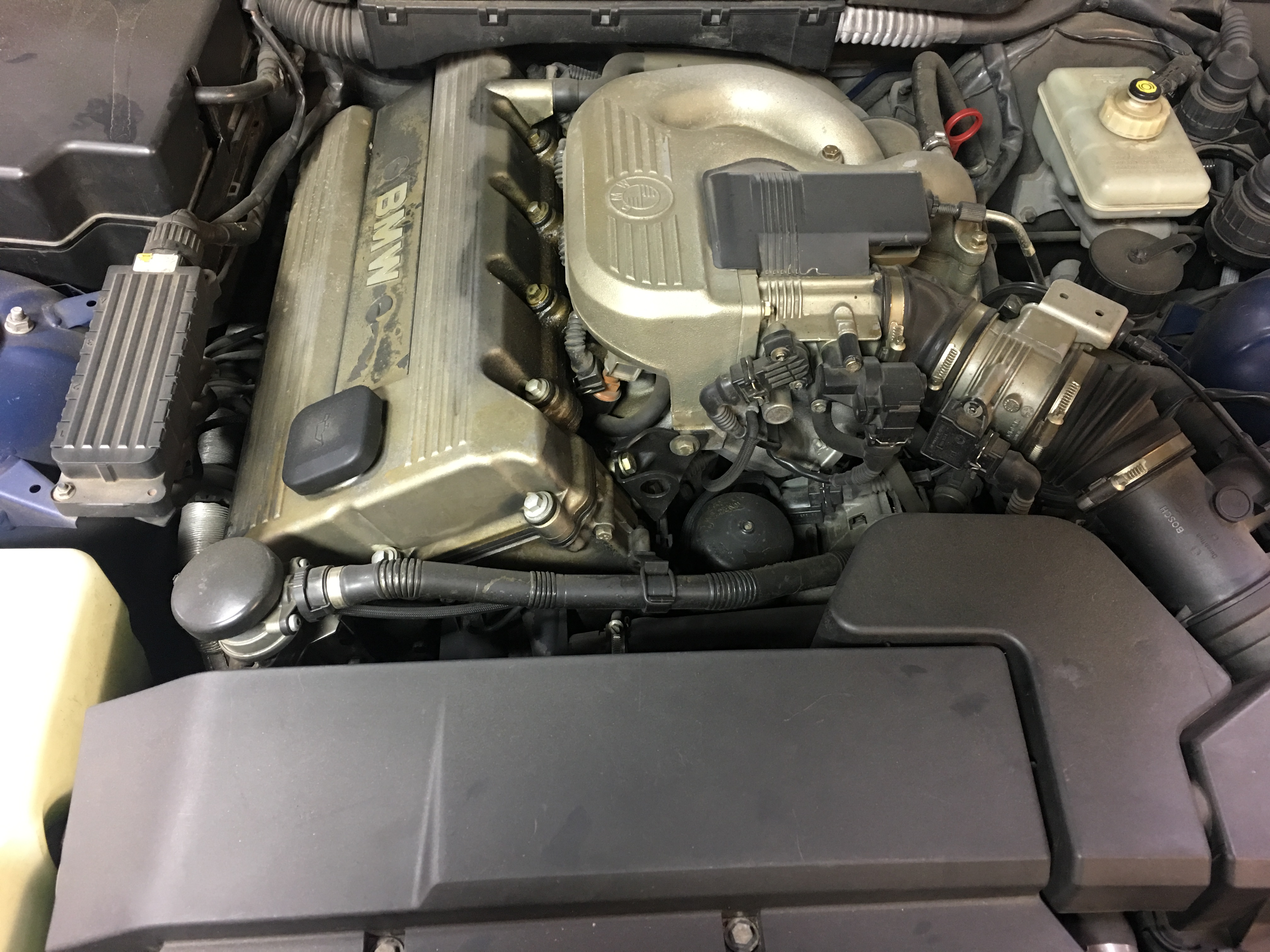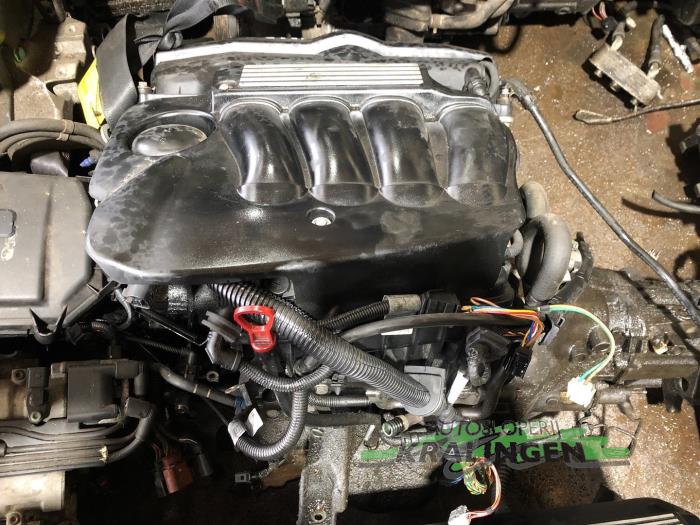BMW 318ti: A Comprehensive Guide to This Compact Giant
BMW 318ti: A Comprehensive Guide to This Compact Giant
Blog Article
Essential Considerations for Choosing the very best Engine for Your Demands
In the world of selecting the ideal engine to satisfy your demands, numerous crucial aspects demand precise factor to consider to make certain ideal performance and efficiency. From the nuanced equilibrium in between power and efficiency to the often-overlooked aspects of maintenance and service demands, each aspect plays a pivotal function in identifying the most ideal engine for your particular needs. As the complexity of engine innovations remains to evolve, discerning one of the most fitting option requires a deep understanding of the interplay between various factors to consider. By checking out the elaborate internet of factors that underpin this decision-making procedure, a more clear path arises towards choosing an engine that not just fulfills yet exceeds your expectations.
Power and Efficiency
When assessing engines for optimum performance, it is crucial to focus on both power result and effectiveness. Power result measures the ability of an engine to generate energy, which directly influences its efficiency. A high power result is essential for demanding jobs such as durable applications or high-speed requirements. It makes certain that the engine can manage the work effectively and effectively. However, power alone is not adequate; efficiency plays a significant role in figuring out the total performance of an engine. Effectiveness describes how well the engine transforms fuel right into functional energy. A much more efficient engine will certainly supply much better mileage, reduced emissions, and decreased operating expense. Striking the best equilibrium in between power result and performance is vital to choosing an engine that meets your specific demands. When making this decision, it is important to consider variables such as the intended use of the engine, environmental impact, and lasting cost effects. By very carefully evaluating both power and effectiveness, you can select an engine that provides optimal efficiency and meets your demands efficiently.
Fuel Effectiveness and Economic Situation
Gas effectiveness refers to the engine's capacity to transform fuel right into power with minimal waste, straight impacting operating costs and ecological sustainability. Engines with higher fuel effectiveness not just minimize fuel expenses yet also decrease carbon exhausts, adding to a greener operation.

Compatibility and Application
Thinking about the gas performance and economic situation of an engine, the next critical aspect to address is its compatibility and application within particular operational contexts. Compatibility refers to just how well the engine integrates with more helpful hints the general system or devices it powers.
Additionally, the application of the engine is just as vital. Different engines are made for particular functions, whether it be industrial equipment, marine vessels, cars, or power generators. Comprehending the designated application permits for the selection of an engine that can deliver the necessary power result, torque, and operational features. For example, a high-revving engine designed for performance vehicles would not be ideal for sturdy construction tools that calls for high torque at low speeds.
Maintenance and Service Requirements
Upkeep and service demands play a critical role in making sure the long life and optimum efficiency of an engine. Routine maintenance is essential to avoid break downs, extend the life-span of the engine, and maintain its efficiency. When selecting an engine, it is essential to take into consideration the producer's recommended maintenance routine and the schedule of service facilities or qualified specialists.
Elements such as the frequency of oil adjustments, filter substitutes, and general assessments can considerably impact the engine's efficiency. Some engines might require more constant maintenance based on their layout and use, while others might have longer periods in between upkeep checks. It is important to follow these service requirements to avoid costly repair services and unforeseen downtime.

Expense and Budget Plan Considerations
Spending plan restrictions often play a substantial role in the decision-making process when choosing an engine for a particular application. When taking into consideration the cost and budget plan implications of choosing an engine, it is important to analyze not just the first purchase cost but also the lasting expenses associated with upkeep, gas usage, and possible upgrades or repair work. It is important to strike a balance in between the in advance cost of the engine and its total lifecycle costs to guarantee that the selected engine stays monetarily sustainable throughout its functional lifespan.
Factors such as fuel dependability, performance, and durability can straight impact the total expense of possession of an engine. While an extra pricey engine may have higher ahead of time costs, it might possibly lead to reduced maintenance and fuel expenditures with time, therefore using much better value in the future. In addition, taking into consideration the accessibility and cost of extra components, along with the ease of upkeep and solution, can help avoid unforeseen economic stress discover here in the future. By thoroughly assessing these expense and budget factors to consider, you can make an informed decision that straightens with your functional needs and economic constraints.
Final Thought

Gas efficiency refers to the engine's ability to transform gas into energy with minimal waste, straight impacting operating costs and ecological sustainability.Aspects influencing fuel efficiency consist of engine layout, combustion effectiveness, and general efficiency optimization. In addition, selecting the ideal gas kind and quality as recommended by the engine producer can additionally improve efficiency and lengthen engine life-span.
Engines with great use features and easily available components can lower upkeep expenses check these guys out and reduce the time the engine is out of procedure - bmw 318ti. It is critical to strike a balance between the in advance price of the engine and its overall lifecycle expenses to make sure that the picked engine continues to be economically sustainable throughout its functional life expectancy
Report this page